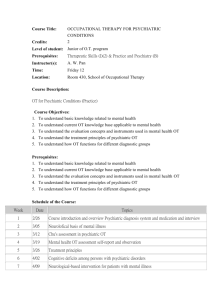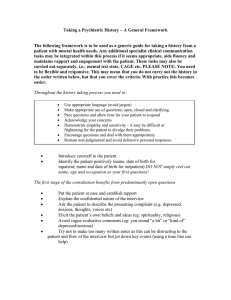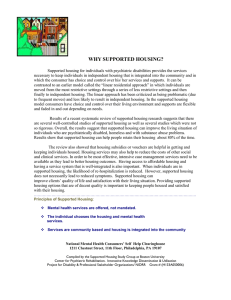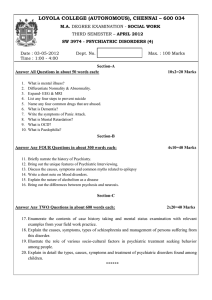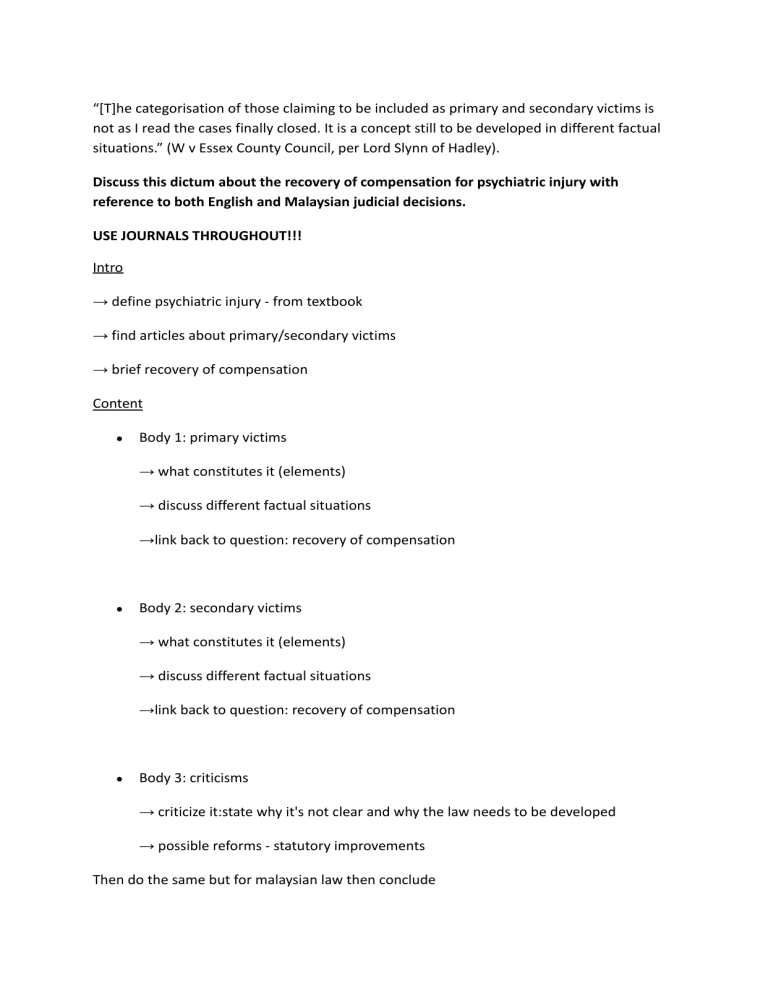
“[T]he categorisation of those claiming to be included as primary and secondary victims is not as I read the cases finally closed. It is a concept still to be developed in different factual situations.” (W v Essex County Council, per Lord Slynn of Hadley). Discuss this dictum about the recovery of compensation for psychiatric injury with reference to both English and Malaysian judicial decisions. USE JOURNALS THROUGHOUT!!! Intro → define psychiatric injury - from textbook → find articles about primary/secondary victims → brief recovery of compensation Content ● Body 1: primary victims → what constitutes it (elements) → discuss different factual situations →link back to question: recovery of compensation ● Body 2: secondary victims → what constitutes it (elements) → discuss different factual situations →link back to question: recovery of compensation ● Body 3: criticisms → criticize it:state why it's not clear and why the law needs to be developed → possible reforms - statutory improvements Then do the same but for malaysian law then conclude Intro Irrespective of whether the law can be regarded as ‘satisfactory or logically defensible’, as noted by Lord Oliver, it can be evidently said that matters pertaining to psychiatric injury are undoubtedly more distressing as compared to physical injury and developments in the medical field will demand for the law to follow. The term psychiatric injury refers to a type of psychological injury affecting the mind rather than the body, where recovery is only granted under limited circumstances. The law currently draws a distinction between primary and secondary victims, where some distinctions have been open to much criticism by various academicians and scholars. As noted by H. Teff, the message being conveyed by the law prevailing over psychiatric illness is that ‘mental and emotional wellbeing are of less account than physical integrity.’ In light of this, this essay will evaluate the recovery of compensation under psychiatric injury and its criticisms along with possible reforms through the support of relevant case law. English Law Before addressing the distinction between primary and secondary victims, an outline of the elements pertaining to psychiatric injury is worth discussing. Firstly, the law requires that the plaintiff must suffer from a ‘recognized psychiatric illness’. In the case of McLoughlin v O’Brian (1983) established the locus classicus test for claims under pure psychiatric injury. As per Lord Bridge, the plaintiff claiming for damages must prove that he is suffering from a positive psychiatric illness rather than merely grief or any other normal emotion. A ‘normal emotion’ here can be categorized as grief, distress, or depression, and Lord Jauncey in Moreover, Lord Bridge adds that the common law does not award any damages for the emotional distress which any normal human being would possess after someone close to them has been killed, especially since anxiety and depression are relatively ordinary emotions.

![W v Essex County Council [2001] Case Summary](http://s2.studylib.net/store/data/027361192_1-41a948c41158d871c3dad081056f2202-300x300.png)

